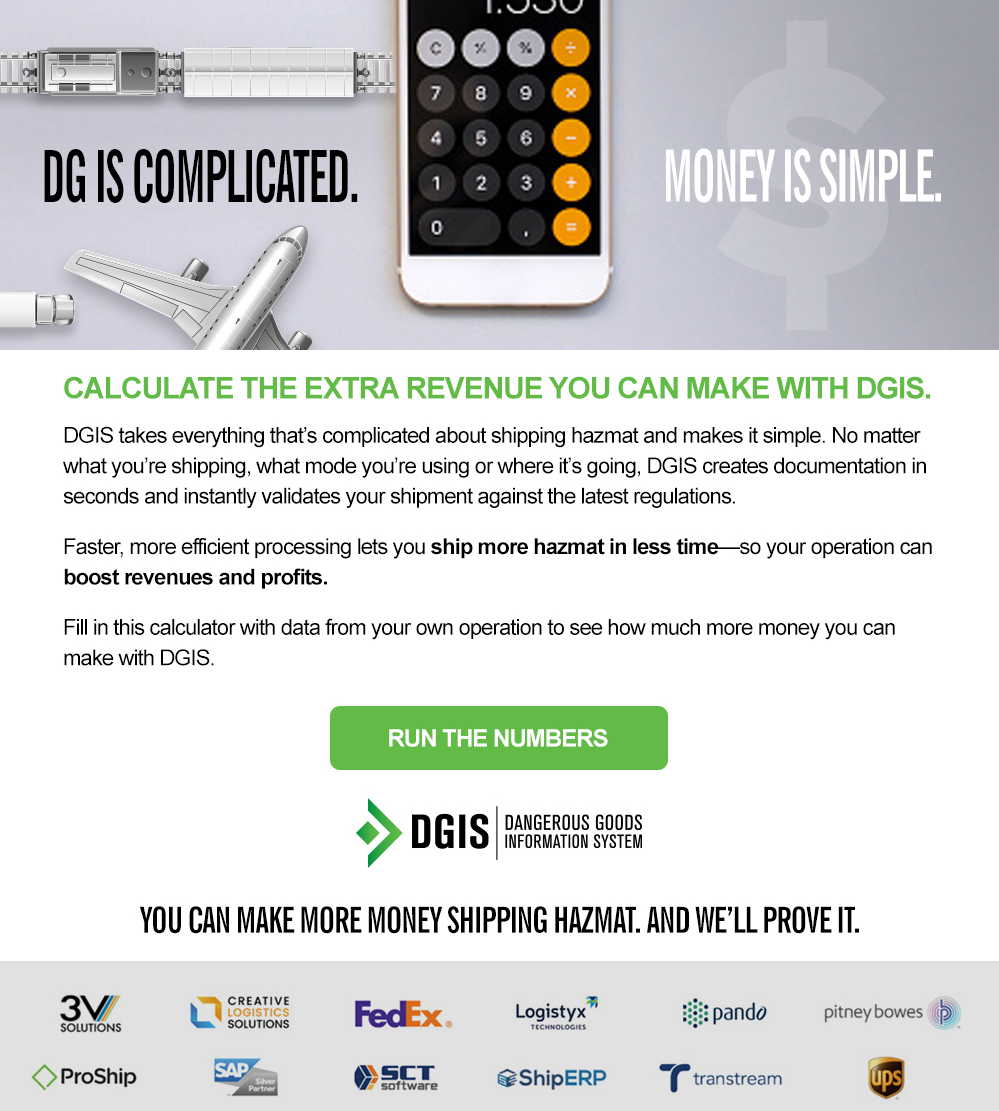

Week of July 10th, 2023
Linking supply chain news with dangerous goods compliance
Drone delivery has been a hot topic in the supply chain for years, and it continues to gain steam. But how big of an impact it will have (and when) is still unclear.
Let’s examine some recent industry news.
SUPPLY CHAIN NEWS
- GNC Partners with Zipline on Drone Delivery Options: Vitamin specialist GNC has partnered with Zipline, the world’s largest autonomous delivery system, to offer a fully electric drone delivery option in select markets.
- How Drones are Shaping the Future of Ultrafast Delivery Across American Suburbs: Drone delivery has become more than just an experiment. Flytrex CEO Yariv Bash discusses the future of drone delivery for food and retail.
- Drone Delivery Canada Receives Approval for BVLOS Flights and Dangerous Goods Transportation: Drone Delivery Canada received approval for the transportation of dangerous goods for its Care by Air drone route.
- Gather AI acquires Ware in Merger of Warehouse Drone Vendors: Two venture-backed startups making flying indoor drones for warehouse inventory counting applications have joined forces.
- Swiss Firm RigiTech Enables Drone Delivery – Without a Landing or Takeoff: The company’s prototype precision dropping system delivered wind turbine parts 20 miles offshore with a 100% success rate.
OUR PERSPECTIVE
- Regulations will add complexity. Regulations for unmanned aircraft (i.e., drones) are still being developed, but as the Federal Aviation Administration (FAA) and other regulatory bodies further expand and define the regulations, including where and what they can deliver, businesses using them will need to adapt. And as with all transport, shipping items classified as “dangerous” or “hazardous” will add another level of complexity and risk.
- The lithium battery challenge. Like many electronics today, drones run on lithium batteries. And just like other electronics, lithium batteries present a variety of supply chain challenges. These challenges will impact all parties – drone manufacturers and distributors shipping them, retailers and delivery companies shipping products to customers, and organizations using them within their internal operations, such as a warehouse. Those companies must have the necessary hazmat shipping processes, training and packaging to ensure safe and compliant transport and handling of those batteries.
- Drones will play a role in DG transport. How drone use will impact DG transport is still unclear, but we can be sure it will play a role. During a past Dangerous Goods Symposium, Drone Delivery Canada’s Mark Wuennenberg stated that the main advantage to unmanned aircraft is that because there is no one on board the aircraft, in certain circumstances, you could transport DG you couldn’t on a manned aircraft. Adding, “You can accept greater risk. With lithium batteries, for instance, you’re not worried about them catching fire and endangering the crew.”
To learn more about dangerous goods software or how to establish a safer, more compliant supply chain, visit https://www.labelmaster.com.
Have questions about dangerous goods transport? Call the Labelmaster Regulatory Hotline at 1.800.621.5808.



